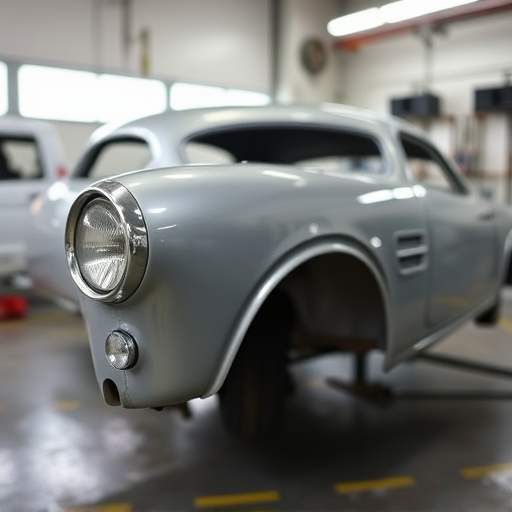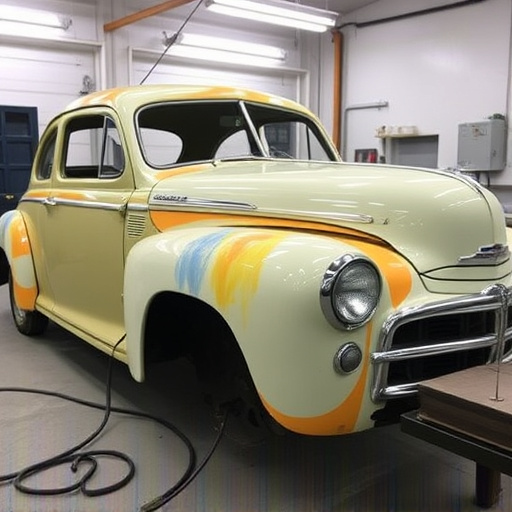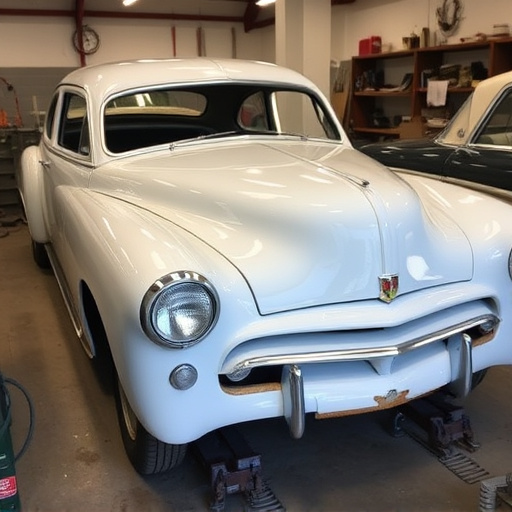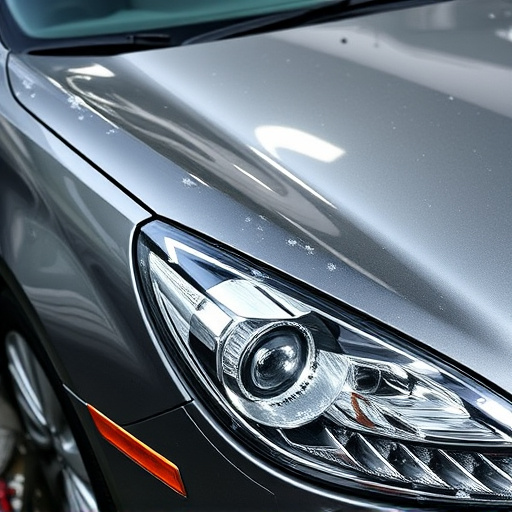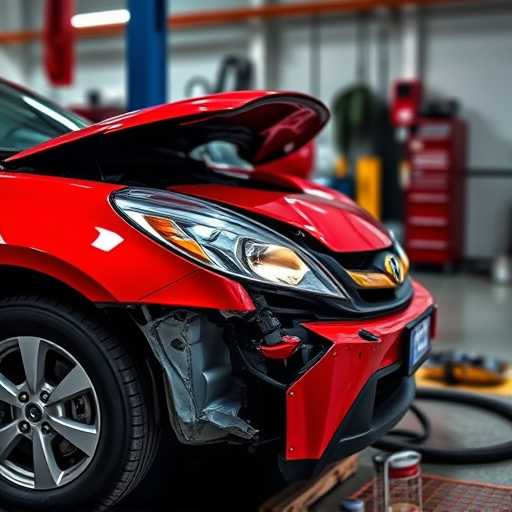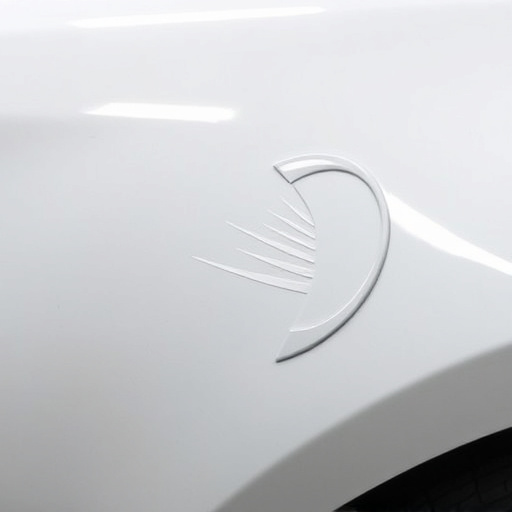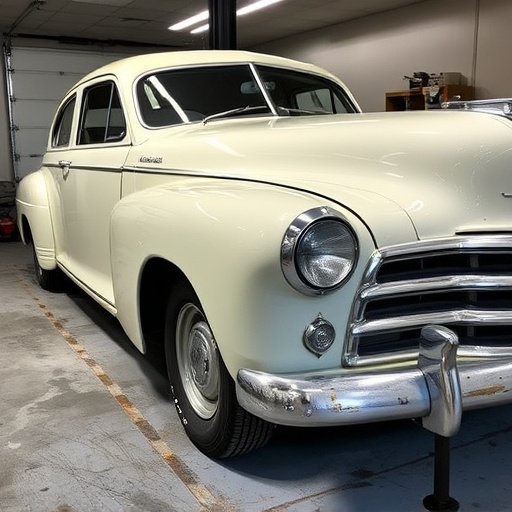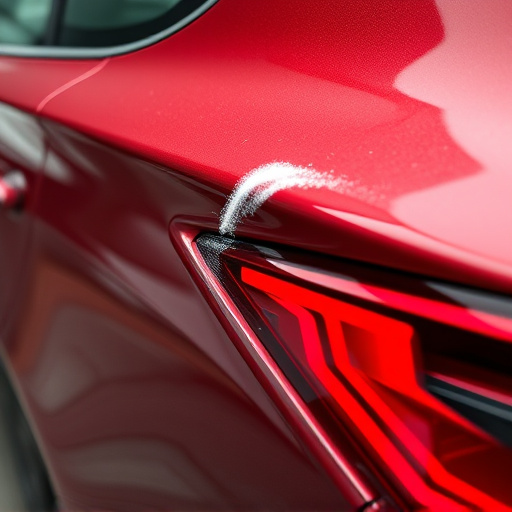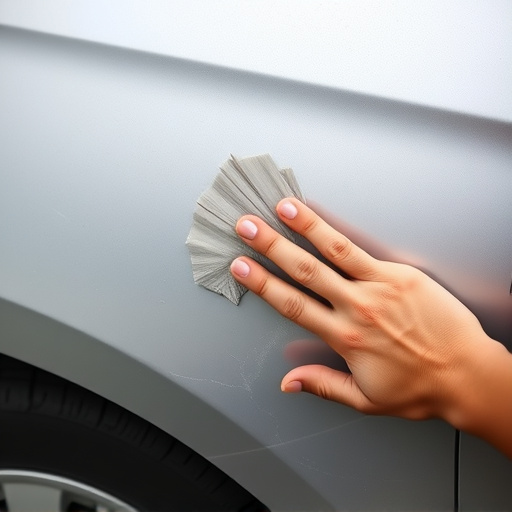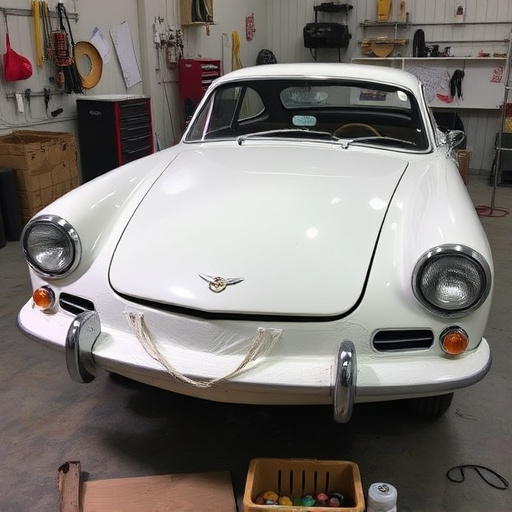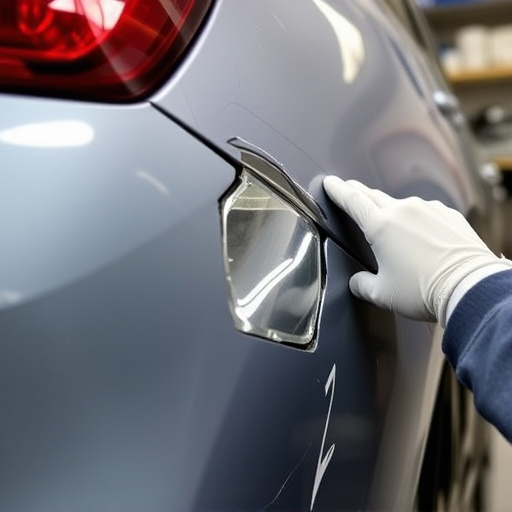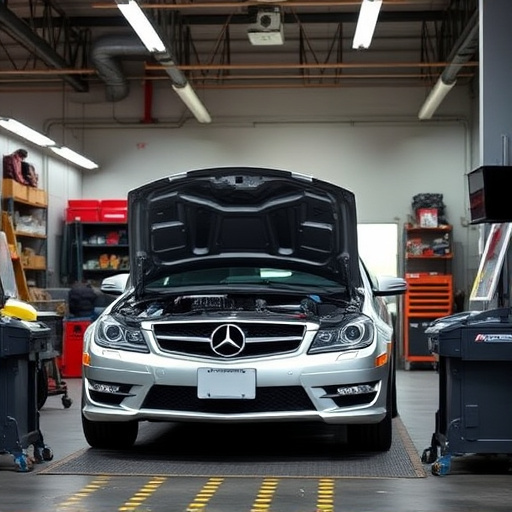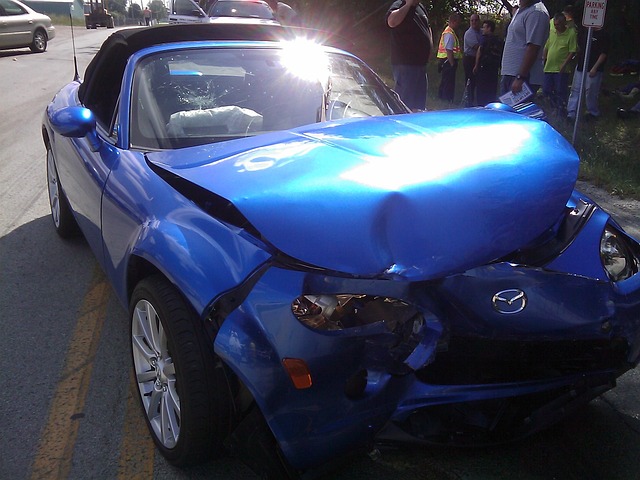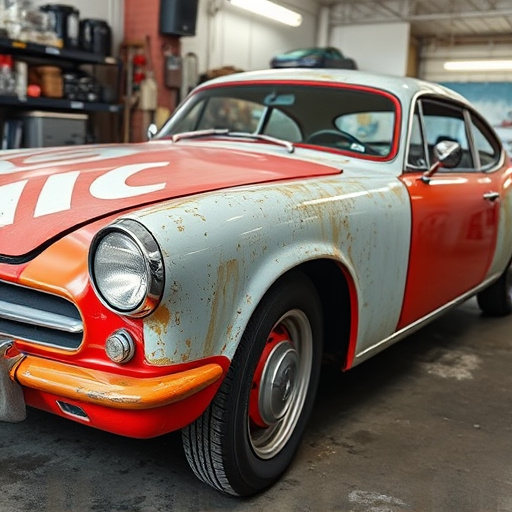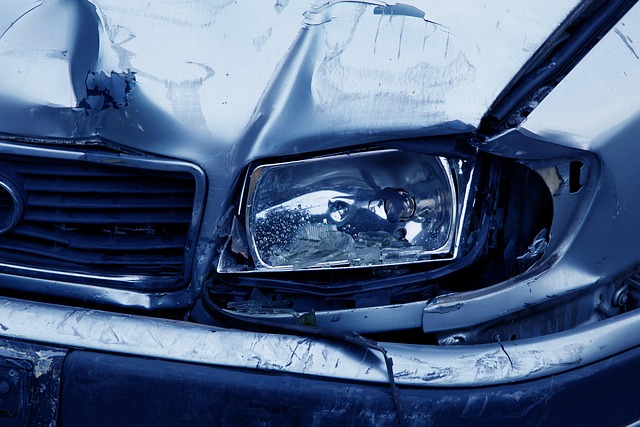Tesla's Full Self-Driving (FSD) system, relying on cameras, sensors, radar, and LiDAR, requires meticulous hardware inspections for optimal safety and performance. Specialized auto body repair experts play a crucial role in identifying and rectifying FSD issues post-accidents. Regular hardware inspections are vital for reliable FSD functioning and distinguishing warranty-covered defects from normal wear. Mandatory FSD hardware checks for warranty claims could revolutionize vehicle warranty policies, shifting consumer expectations and improving after-sales service experiences while enhancing safety and trust in Tesla's self-driving technology.
Tesla’s Full Self-Driving (FSD) system has captivated the automotive world with its promise of autonomous driving. However, as more drivers adopt this technology, questions arise regarding warranty coverage and maintenance. This article delves into the potential requirement for a Tesla FSD hardware inspection to validate warranty claims. By examining the intricate hardware components that power FSD features, we explore the implications on service centers, owners, and the evolution of Tesla’s warranty policies in response to advanced driver-assistance systems.
- Understanding Tesla's Full Self-Driving (FSD) System and Its Hardware Components
- The Role of Hardware Inspection in Warranty Claims for FSD Features
- Potential Implications and Future Directions for Tesla Warranty Policies Regarding FSD Hardware Inspections
Understanding Tesla's Full Self-Driving (FSD) System and Its Hardware Components
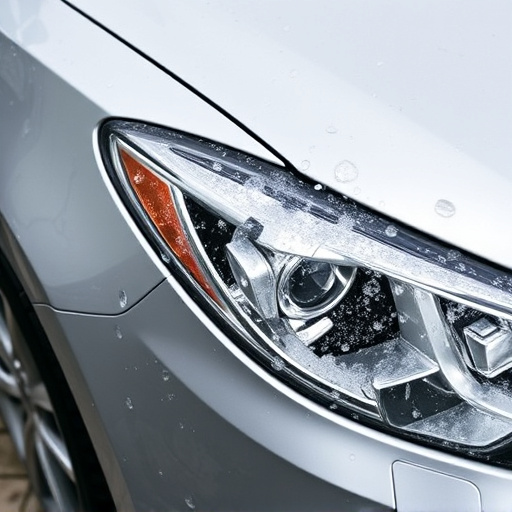
Tesla’s Full Self-Driving (FSD) system is an advanced driver-assistance program that aims to enable fully autonomous driving capabilities. At its core, FSD relies on a suite of hardware components strategically designed and placed throughout the vehicle. These include high-resolution cameras, ultrasonic sensors, radar units, and a sophisticated LiDAR sensor array. Each component plays a crucial role in perceiving and interpreting the surrounding environment, allowing the car to navigate and make decisions autonomously.
The FSD hardware inspection is a meticulous process that involves assessing these components for any signs of damage or malfunction. Given the intricate nature of autonomous driving technology, ensuring proper functioning is vital for safety and performance. Auto body repair experts equipped with specialized knowledge in Tesla vehicles are increasingly becoming valuable resources for identifying and rectifying issues related to the FSD hardware, including repairs for car paint services required after an accident that might impact sensor functionality.
The Role of Hardware Inspection in Warranty Claims for FSD Features
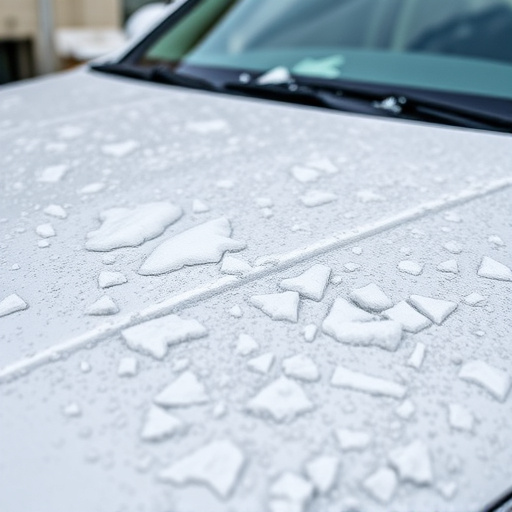
The integration of Full Self-Driving (FSD) capabilities in Tesla vehicles has raised expectations for autonomous driving experiences, but it also introduces new complexities when it comes to warranty claims. As with any advanced technology, ensuring the reliability and proper functioning of FSD hardware is paramount. A thorough Tesla Full Self-Driving hardware inspection plays a pivotal role in managing warranty obligations and maintaining customer satisfaction.
Regular inspections allow for early detection of potential issues within the complex network of sensors, cameras, and computing modules that power FSD features. By examining the car’s bodywork and identifying any damage or malfunctions, Tesla can accurately diagnose problems and provide appropriate solutions. This process is crucial in distinguishing between defects covered under warranty and damages resulting from normal wear and tear or external factors, such as car scratch repairs. Through such inspections, Tesla can ensure that their customers receive comprehensive support for their FSD-equipped vehicles, fostering trust and confidence in the brand’s commitment to quality and service.
Potential Implications and Future Directions for Tesla Warranty Policies Regarding FSD Hardware Inspections
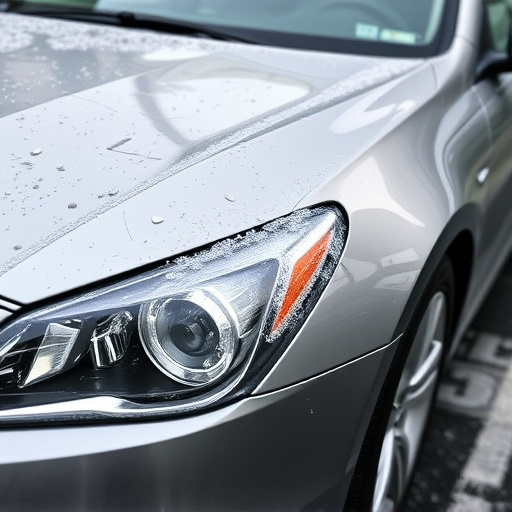
The potential implications of making Tesla Full Self-Driving (FSD) hardware inspections mandatory for warranty claims could significantly shape the future of vehicle warranty policies within the automotive industry, particularly for electric vehicle (EV) manufacturers. As Tesla continues to refine its self-driving capabilities, ensuring the reliability and safety of its FSD hardware will be paramount. This shift towards rigorous hardware inspections may prompt a paradigm change in consumer expectations regarding warranty coverage.
For Tesla owners, this could mean that when encountering issues related to FSD components, such as cameras or sensors, they would need to undergo thorough checks at authorized service centers or collision repair shops to validate the problem’s origin. While this might increase upfront costs for owners and add workload to vehicle body shop technicians, it could also lead to more efficient and effective dispute resolution processes. By establishing a clear protocol for FSD hardware inspections, Tesla can better manage warranty claims, reduce fraudulent activities, and foster trust in its self-driving technology—ultimately paving the way for enhanced consumer protection and improved after-sales service experiences.
As we’ve explored, implementing a rigorous Tesla Full Self-Driving (FSD) hardware inspection protocol could significantly impact warranty policies for electric vehicle owners. Given the complex nature of FSD components and their critical role in autonomous driving, thorough inspections are essential to accurately diagnose issues and ensure consumer satisfaction. Looking ahead, Tesla, and perhaps other EV manufacturers, may need to adapt warranty practices to accommodate these advanced systems, potentially requiring detailed FSD hardware inspection for every warranty claim related to autonomous features. Such changes could foster greater transparency and trust between manufacturers and consumers in the evolving landscape of electric vehicle technology.
